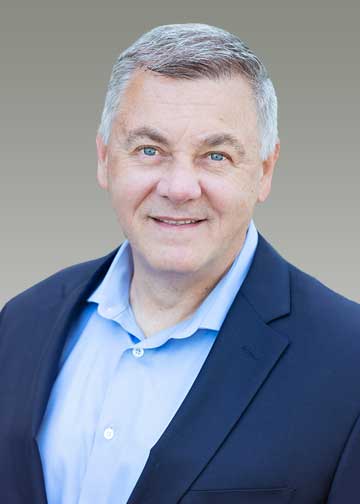
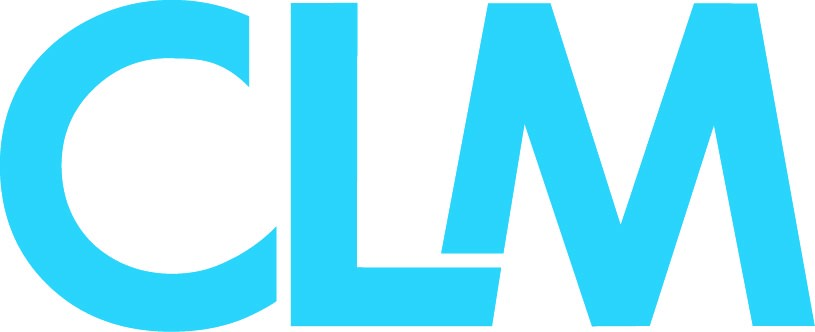 Join ISG’s Michael Loiseau, along with Andy Guerra from Envista Forensics, Dan Nucci from The Hanover Insurance Group, and Kate Strauss from Galvanize Law on Thursday November 4, 2021 from 3:30 PM – 4:30 PM as they present “Failure is Not an Option, but it Happens: Avoiding the Subrogation Blindside” at the 2021 CLM Focus: Cannabis, Environmental, Insurance Fraud, Property, Subrogation, Claims & Litigation Management Conference at the Sheraton Pentagon City Hotel in Washington, DC.
Join ISG’s Michael Loiseau, along with Andy Guerra from Envista Forensics, Dan Nucci from The Hanover Insurance Group, and Kate Strauss from Galvanize Law on Thursday November 4, 2021 from 3:30 PM – 4:30 PM as they present “Failure is Not an Option, but it Happens: Avoiding the Subrogation Blindside” at the 2021 CLM Focus: Cannabis, Environmental, Insurance Fraud, Property, Subrogation, Claims & Litigation Management Conference at the Sheraton Pentagon City Hotel in Washington, DC.
Consider this – you have an ironclad claim. You’re sure of it. You’ve never felt more confident with your position. Then? The blindside. The bottom falls out and the claim comes crashing down around you. What happened? What went wrong, and how do you avoid the repeat? There are far too many reasons subrogation claims can fail from policy limitations, claims handler or legal representation errors, and/or expert witness failures. We’re all human, and we can (and will) all make mistakes. The difference is learning from these mistakes and having the foresight to prevent similar repeats in the future. So, what do you do when a repeat starts brewing? Is it possible to pivot or is the worst inevitable? When mistakes are made or a subrogation claim falls apart it may be tempting to play the blame game, but how is that effective in getting a claim back on track. For a claims team to successfully resolve any subrogation claim, it is crucial for all involved to be open, honest, and realistic with each other, keeping fundamental ethical principles in mind. But such open, honest, and candid discussion is even more imperative when a problem arises during the course of the claim. At that point, the honeymoon is over!
Additional information can be found here: CLM Focus Conference
 Shannon Warren has been selected as a speaker and will be presenting a webinar for National Association of Subrogation Professionals (NASP) on July 27, 2021 at 1:00 PM EST. Shannon will be co-presenting with Chad Jones of Warren Forensics. The webinar is entitled “Cooking with Subrogation – Commercial Cooking Fires: What to Look for and Who Might be Responsible”.
Shannon Warren has been selected as a speaker and will be presenting a webinar for National Association of Subrogation Professionals (NASP) on July 27, 2021 at 1:00 PM EST. Shannon will be co-presenting with Chad Jones of Warren Forensics. The webinar is entitled “Cooking with Subrogation – Commercial Cooking Fires: What to Look for and Who Might be Responsible”.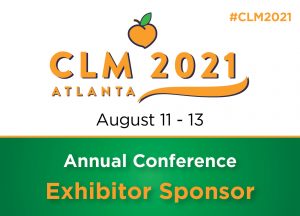

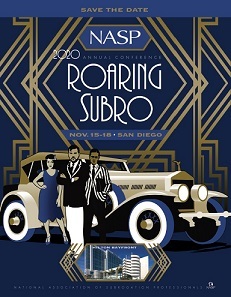
 Please join IRG/ISG and Shannon M. Warren, Esq. at the CLM Annual Conference in Dallas, TX (
Please join IRG/ISG and Shannon M. Warren, Esq. at the CLM Annual Conference in Dallas, TX (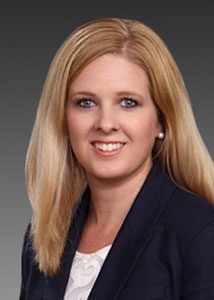
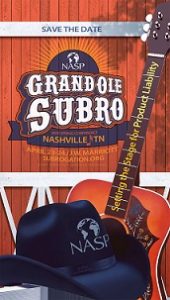 Please join IRG/ISG and Shannon M. Warren, Esq. at the 2020 NASP Spring Conference in Nashville, TN. On 4/24/2020 at 2:15 PM, Shannon, along with co-presenter Mark Majewski of Envista Forensics, will be presenting “Honky Tank Problems – Subrogation Opportunities Involving Fuel Tank Failures”:
Please join IRG/ISG and Shannon M. Warren, Esq. at the 2020 NASP Spring Conference in Nashville, TN. On 4/24/2020 at 2:15 PM, Shannon, along with co-presenter Mark Majewski of Envista Forensics, will be presenting “Honky Tank Problems – Subrogation Opportunities Involving Fuel Tank Failures”:


